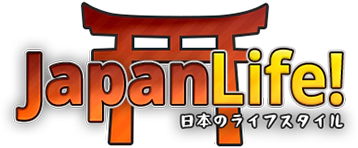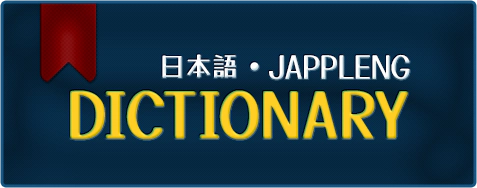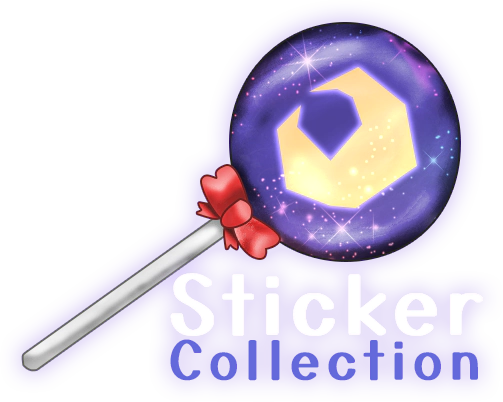In this lesson, we will be learning about the days of the week such
as Monday, Tuesday, Wednesday and so on. It’s a simple lesson with
a touch of history and modern culture. I hope you will all enjoy
this lesson, if you have further questions please leave a comment
below.
The seven day week is used in Japan like much of the rest of the
world. Its modern usage was introduced during the Meiji era (late
1800’s) but was used for astrological purposes since the 9th
century. Standard workdays are Monday through Friday and the
weekend is considered Saturday and Sunday. It is common for
businessmen and women to work overtime on the weekend
(some say
on average, once a month) but should not be considered a
rule.
Schools used to have a 6-day program (Monday-Saturday) but has
abandoned it in 2002 in favor of a half-day during Saturdays but
this rule however, does not apply to all schools.
Learning each weekday can be simplified by breaking the word into
two pieces; the meaning and day. In English we have Monday
[Mon][day] where [Mon] means Moon and [day] means Day, “Moon Day”.
In Japanese, it’s the very same, getsuyoubi [getsu][youbi] means
Moon Day (of the week) and would be written as , 月曜日notice that
there are no kana used for weekdays.
Before we begin, please take note that “Day of the week” has been
omitted in the meaning to prevent redundancy. For linguists and
advanced students, this is not an advanced lesson therefore we will
for now, ignore the topic of on and kun readings.
| ENGLISH |
ROMAJI |
KANJI |
MEANING |
| Monday |
Getsuyoubi |
月曜日 |
Moon |
| Tuesday |
Kayoubi |
火曜日 |
Fire |
| Wednesday |
Suiyoubi |
水曜日 |
Water |
| Thursday |
Mokuyoubi |
木曜日 |
Wood |
| Friday |
Kin’youbi |
金曜日 |
Metal |
| Saturday |
Doyoubi |
土曜日 |
Earth |
| Sunday |
Nichiyoubi |
日曜日 |
Sun |
While there may be 21 kanji used in all days of the week, there are
only 8 unique kanji characters to learn, most which have few
strokes.
The Elements
| Moon |
Fire |
Water |
Wood |
Metal |
Earth |
Sun |
| 月 |
火 |
水 |
木 |
金 |
土 |
日 |
Day of the Week is expressed by using a compound word combining
曜日together. Please take note that the kanji for Sun 日, also means
day.
- Familiarize yourself with the pattern: element + day (of the
week)
- Study each day of the week individually starting with
either日曜日or月曜日
- Do not ignore the Kanji, it is uncommon to ever see the days of
the week written differently
- When you are familiar with each day of the week, reverse it
“Sunday, Saturday, Friday…”
- When you are familiar with the reversal method, try saying them
randomly while understanding what days of the week you are
saying.
- Print flash cards to learn on the go
- Be sure to practice every day, if it’s Wednesday, practice
saying and writing 水曜日.
We suggest that if you feel confident in knowing each day of the
week, to proceed to learning the Months in the Year, and Days in a
Month (which is different than Days in a Week).
Thank you for studying with Jappleng! If you liked this lesson, we
have many more. Please consider registering and asking questions in
our
forums, chat, or
J-Spot
social network if you like. We even have
study
groups/clubs.




























